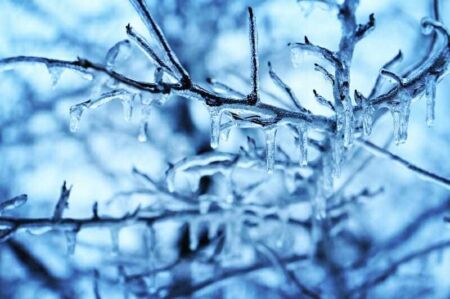
The nature of the relationship between winter and venous health is a mixed bag — here’s what you need to know.
You may know that sun and hot weather can negatively affect your skin and veins, but you might have less knowledge of how their impacted by the colder months of the year. In fact, the wintertime can still create conditions that similarly aggravate varicose veins. If you’re suffering from this common venous insufficiency, we’ll explain how you can protect your veins this winter, and how the chill might even benefit them.
When the weather is nice, people are more inclined to enjoy it and lead more active lifestyles. When the temperature drops, however, venturing outdoors for anything becomes more difficult. Unfortunately, a sedentary lifestyle only worsens varicose veins and other chronic venous insufficiencies. In addition, colder climates usually have lower atmospheric pressure, which can impede circulation in the body. Perhaps most importantly, the body simply slows down in the cold, includes the circulatory system.
Cold climates aren’t all bad for veins. In fact, the winter weather can have some tangible benefits on venous health. While hot weather can impede circulation and cause blood to pool in the veins by causing them to dilate, cold weather has the opposite effect. As a result, lower temperatures generally shrinks veins, promoting better blood flow and alleviating common symptoms of varicose veins like cramps and swelling.
While it may seem difficult to remain active when the weather outside is frightful, there are still a number of easy ways to keep your blood flowing. Be sure not to sit or stand in one place for too long. If your work involves sitting at a desk or something similar, try standing occasionally or taking a brief — and appropriately bundled-up — walk, even if it’s just around your office or house. Try stretching in the morning and elevating your legs for a bit before bed. Additionally, though rich winter holiday food can be tempting, try to even out your diet by avoiding overly salty or processed foods and prioritizing colorful fruits, vegetables, and meals high in fiber.
Though there are many ways to cope with varicose veins, no matter the weather, they can only be cured through specialized treatment. Fortunately, there are minimally-invasive procedures that can eliminate your varicose veins once and for all. Schedule an appointment with a vein specialist today to ensure that you’re free from discomfort in the coming winter months — and beyond!